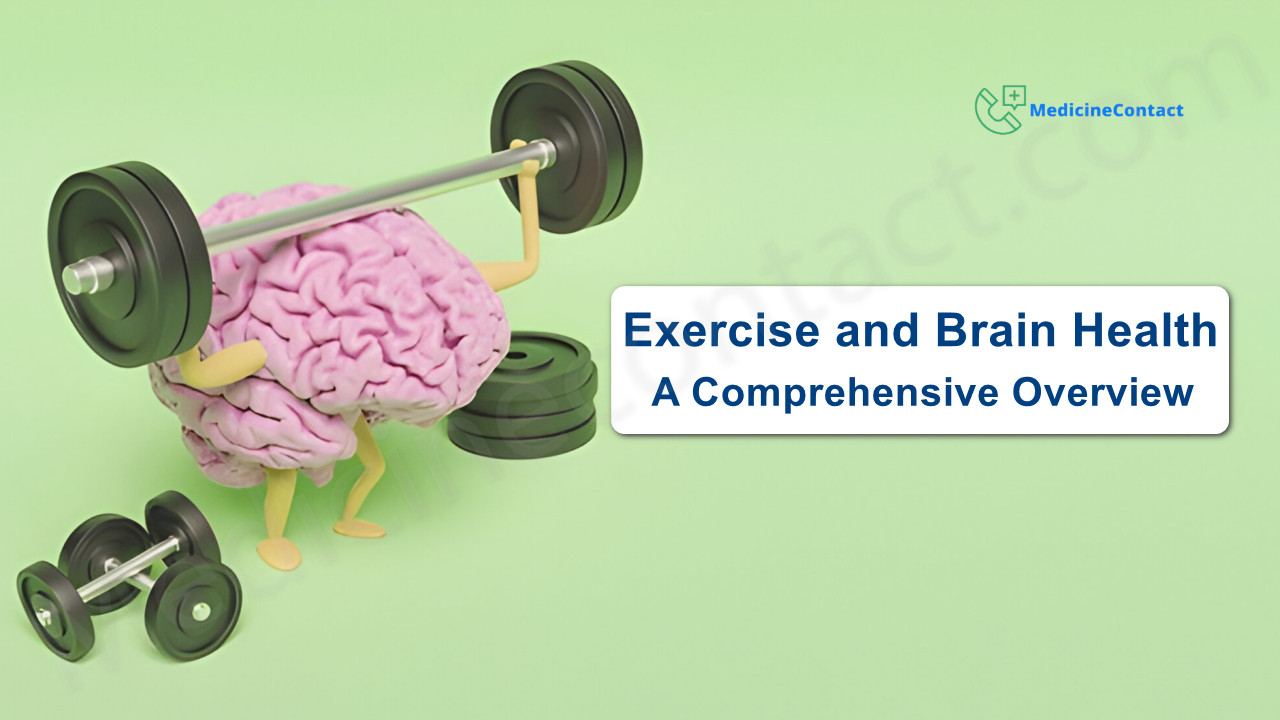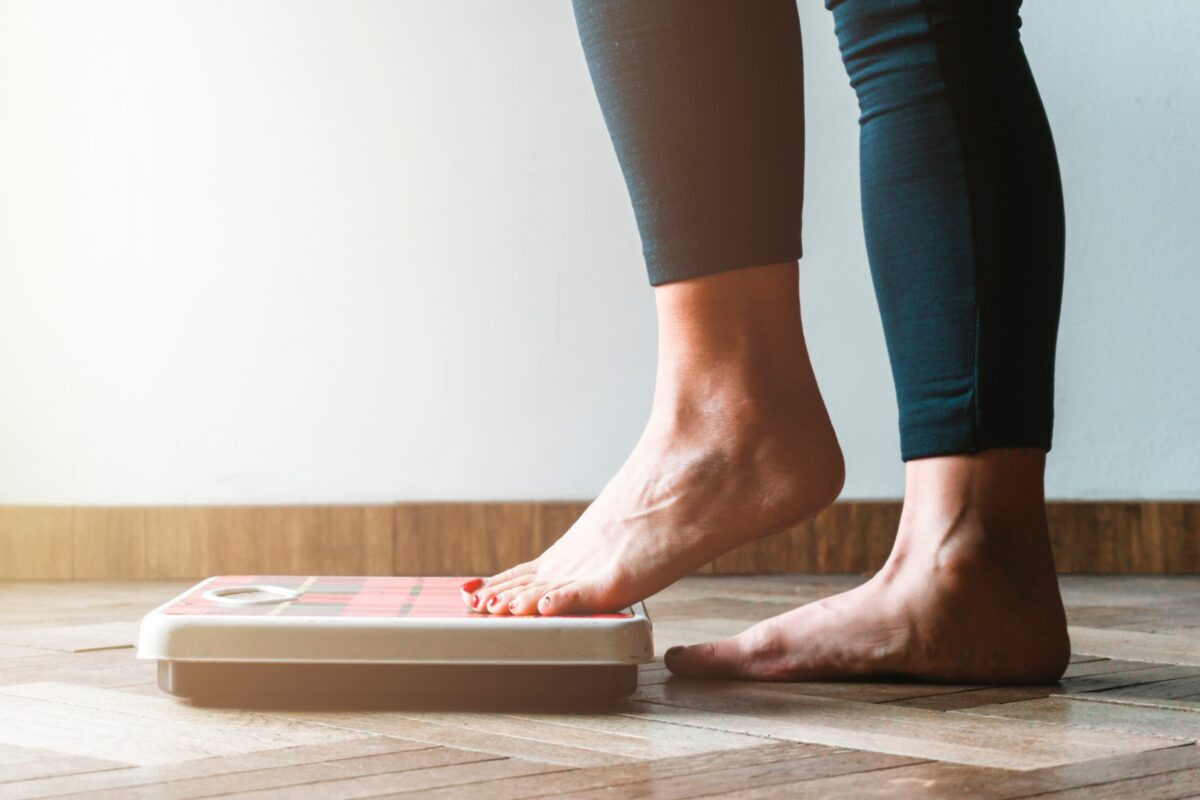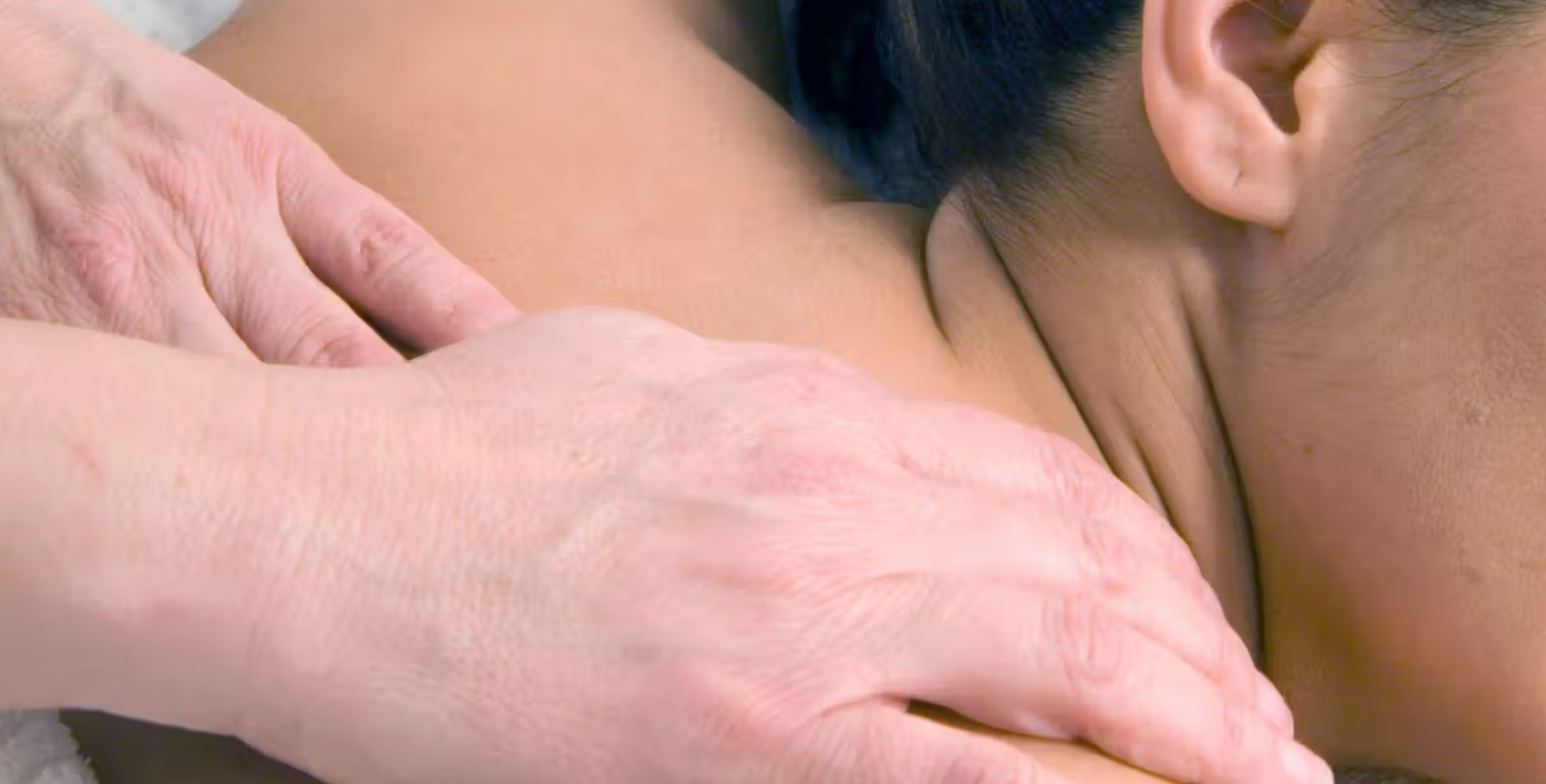
Does Afib Cause Dehydration?
Atrial fibrillation, also known as afib, is a heart rhythm disorder affecting millions of people worldwide. Those living with afib may wonder if the condition also leads to dehydration.
In this comprehensive guide, we’ll look at the links between afib and dehydration. We’ll discuss why staying hydrated is so crucial for afib patients and provide tips to prevent dehydration.
How Afib Impacts Hydration
Afib itself does not directly cause dehydration. However, certain effects of atrial fibrillation can make patients more prone to becoming dehydrated. These include:
- Blood pressure medications - Diuretics flush out excess fluid but may lead to over-diuresis.
- Frequent urination - Some people with afib urinate more due to pressure on the bladder.
- Nausea - Gastrointestinal distress from afib may cause vomiting and diarrhea.
- Fatigue - Feeling tired from poor blood flow reduces motivation to drink.
Additionally, the chaos of an afib episode itself can distract from staying hydrated. Monitoring fluid intake requires diligence.
Dangers of Dehydration with Afib
Mild dehydration causes symptoms like headache, dizziness, and dark urine. But prolonged dehydration poses serious risks for those with afib, including:
- Increased blood viscosity, raising clot risk
- Electrolyte imbalance, which may worsen heart rhythm
- Reduced kidney function
- Medication side effects from concentrated doses
- Hospitalization from fainting or arrhythmia
Severe dehydration can even be life-threatening. That's why maintaining good hydration is so critical with afib.
Signs of Dehydration
Watch for these cues that you may be dehydrated:
- Dark yellow or amber urine
- Fatigue, lethargy
- Dry mouth and lips
- Sunken eyes
- Dizziness upon standing
- Rapid heart rate
- Muscle cramps
- Headache
- Confusion
Notify your doctor if experiencing multiple dehydration symptoms for guidance on fluids and electrolytes.
Tips to Stay Hydrated
Afib patients should make hydration a top self-care priority. Useful strategies include:
- Drinking eight 8-ounce glasses of water daily minimum
- Setting reminders to drink throughout the day
- Carrying a water bottle during activities
- Eating fruits and vegetables high in water content
- Avoiding alcohol and caffeinated drinks that have a diuretic effect
- Monitoring urine color
- Weighing yourself daily to check for water retention or loss
Your doctor may recommend increased fluid intake or oral rehydration solutions if you are prone to dehydration.
Afib Medications Causing Dehydration
Certain afib medications make maintaining hydration especially important. These include:
- Diuretics - Flush extra fluid but may lead to over-diuresis.
- Beta blockers - Can inhibit early thirst signals.
- ACE inhibitors - Suppress angiotensin and aldosterone hormones.
- ARBs - Block angiotensin receptors, affecting fluid balance.
Notify your doctor if experiencing dehydration symptoms within a few weeks of starting new heart medications.
Tips for Medication-Related Dehydration
If your afib or blood pressure medications tend to cause dehydration, try these precautions:
- Take diuretics early in the day rather than at night
- Discuss lowering diuretic dose if you get muscle cramps or dizziness
- Eat a banana daily for potassium to balance diuretic effects
- Increase salt and fluid intake but avoid excess sodium
- Weigh yourself to check for rapid weight changes
Talk to your doctor before making any medication adjustments to prevent dehydration.
When to Seek Emergency Treatment
While mild dehydration can be treated at home, severe water and electrolyte imbalance constitutes a medical emergency. Seek immediate treatment if you experience:
- Racing heart, chest pain, fainting
- Sudden swelling in the legs and abdomen
- Vomiting for more than 24 hours
- Bloody or black stool
- Severe confusion, delirium
- Lack of urination for more than 8 hours
Seniors with afib are especially susceptible to medical complications from dehydration. At any sign of reduced mental acuity, get emergency care.
Preventing Dehydration During Afib Episodes
When an afib episode strikes, it introduces additional risk of dehydration. Ways to stay hydrated during a flare-up include:
- Sipping electrolyte drinks like coconut water or sports drinks
- Avoiding large fluid volumes which can worsen symptoms
- Eating fruits and veggies high in potassium like bananas, spinach, and sweet potatoes
- Taking small, frequent sips of water
- Sucking on ice chips if feeling nauseated
Proper hydration helps stabilize heart rhythm and minimize afib episode duration and severity.
Lifestyle Changes to Prevent Dehydration
Certain lifestyle habits also raise the risk of dehydration for afib patients:
- Excessive alcohol consumption
- Strenuous athletic training
- Spending extended time outdoors in heat
- Flying on long flights
- Residing at high altitudes
- Eating a high-protein, low-carb diet
Modifying such behaviors and taking preventive measures can help maintain fluid balance.
The Takeaway
While afib itself does not directly cause dehydration, it introduces risk factors like diuretic medications. Staying proactively hydrated is key, along with monitoring for dehydration symptoms. Speak to your doctor about appropriate fluid intake and electrolyte balance for optimal afib management.
FAQs
Does afib directly cause dehydration?
No, atrial fibrillation does not directly dehydrate you. But afib can lead to factors like diuretics, nausea, and fatigue that raise dehydration risk.
What are symptoms I may be dehydrated with afib?
Signs of dehydration include dark urine, fatigue, dizziness, rapid heart rate, dry mouth, headache, and muscle cramps. Notify your doctor if experiencing multiple symptoms.
Should I adjust my afib medications if they are causing dehydration?
Do not adjust medications on your own. Speak to your doctor about adjusting diuretic dosage or other drugs if you are experiencing dehydration.
What should I do to stay hydrated during an afib episode?
Drink electrolyte beverages, eat potassium-rich foods, take small sips of water, and suck on ice chips. Avoid large fluid volumes that can worsen symptoms.
When does afib-related dehydration require emergency care?
Seek emergency treatment for symptoms like chest pain, fainting, bloody stool, lack of urination, severe confusion or delirium. Seniors especially need prompt care.
Disclaimer: This article is for informational purposes only and does not constitute medical advice. Always consult with a healthcare professional before starting any new treatment regimen.




